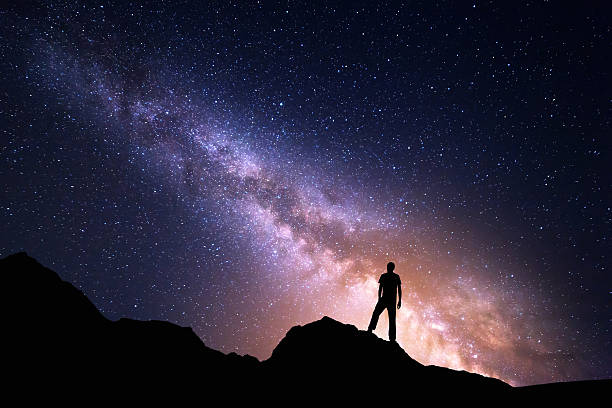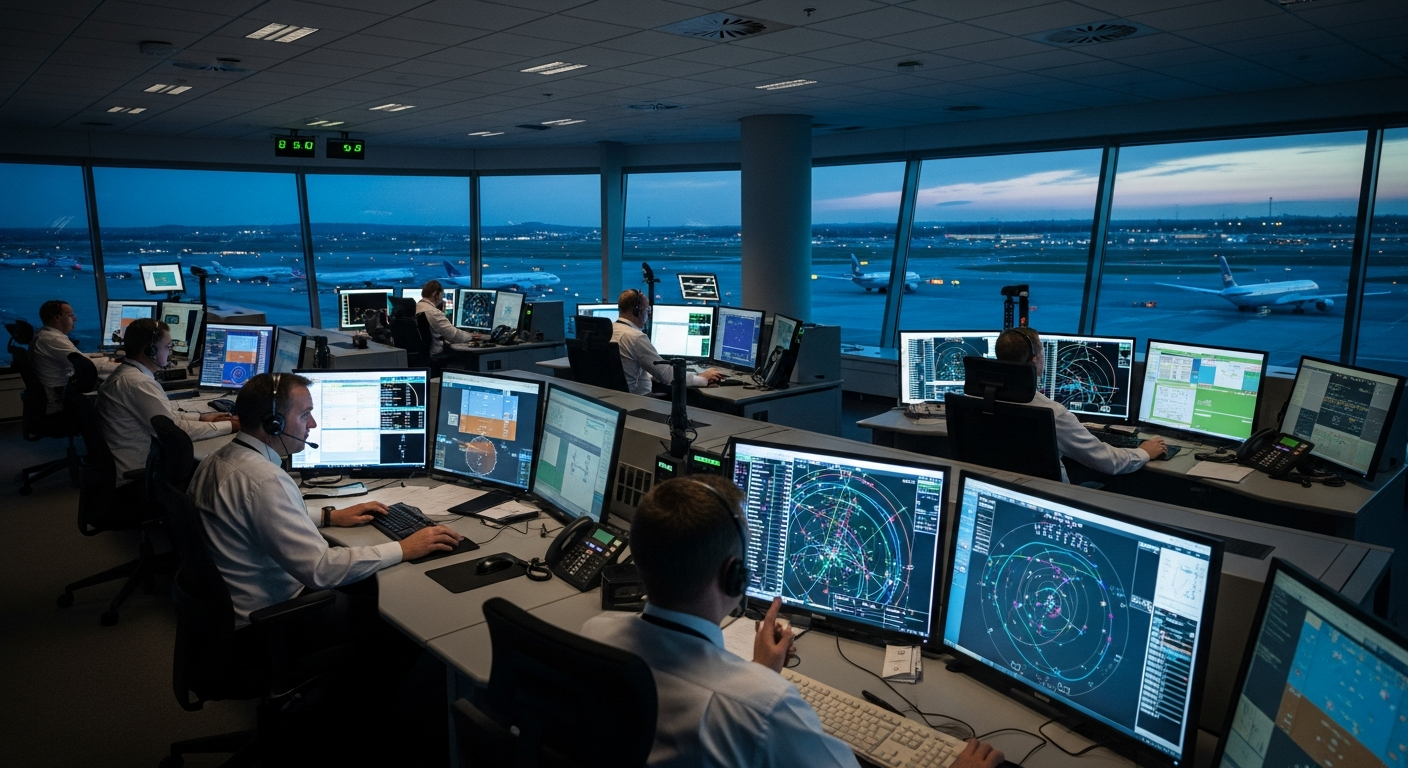A Symphony in the Stars: The Unexpected Melding of Astronomy and Music
Introduction: A fascinating fusion is occurring in the world of the arts. The cosmos, often the domain of scientists, is now inspiring a new wave of musical compositions. This article delves into the intriguing interplay of astronomy and music, offering a glimpse into this emerging trend that's truly out of this world.

Astronomy’s Influence on Music: A Historical Perspective
Historically, the cosmos has always been a source of fascination, even among artists. The ancient Greeks, for instance, believed in “Musica Universalis” or “Music of the Spheres,” a philosophical concept that posited celestial bodies’ movements creating a form of silent music. This idea of celestial harmony has influenced many composers over the centuries, such as Gustav Holst with his orchestral suite “The Planets.”
Cosmic Compositions: A New Era in Music
Fast forward to the 21st century, and we see a resurgence of this cosmic inspiration in music. The modern advancements in technology and astronomy have allowed musicians to access and interpret celestial data in innovative ways. One striking example is SYSTEM Sounds, a project that translates the rhythm and harmony of the cosmos into music and soundscapes. This involves converting astronomical data, like the orbits of exoplanets or the rotational speed of pulsars, into musical notes, creating a symphony that truly resonates with the universe.
The Impact: How Astronomy-Inspired Music is Changing the Soundscape
This cosmic-inspired music trend is having a significant impact on the industry and listeners alike. It’s not only providing a fresh source of inspiration for composers but also creating an immersive, almost otherworldly auditory experience for the audience. This novel genre is pushing the boundaries of traditional music, offering an intriguing blend of science and art that is both fascinating and educational.
Reception and Significance: The Universe Strikes a Chord
The audience’s reception to this new genre has been overwhelmingly positive. Concerts featuring astronomy-inspired music, like the “Symphony of Science” series or the “NASA: Symphony of the Stars” concert, have seen packed venues, reflecting the public’s growing interest in this unique fusion of art and science. The significance of this trend extends beyond mere entertainment. It’s also an innovative way to make the complexities of astronomy more accessible and engaging to the general public.
The Future: What Lies Beyond the Musical Horizon?
As we continue to explore the cosmos, it’s likely that the trend of astronomy-inspired music will continue to evolve. With the advent of space tourism and the ongoing search for extraterrestrial life, the universe’s mysteries will continue to inspire artists in new and exciting ways. It’s a fascinating intersection of art and science that encourages us to look up at the stars and listen to the music of the universe.
In conclusion, the fusion of astronomy and music is an exciting development in the arts and entertainment industry. It not only offers a fresh perspective on the creative process but also brings the wonders of the cosmos closer to us, transforming the way we perceive and interact with the universe. Through the symphony of the stars, we are reminded of our place in the cosmos - a tiny part of a vast, harmonious universe.






